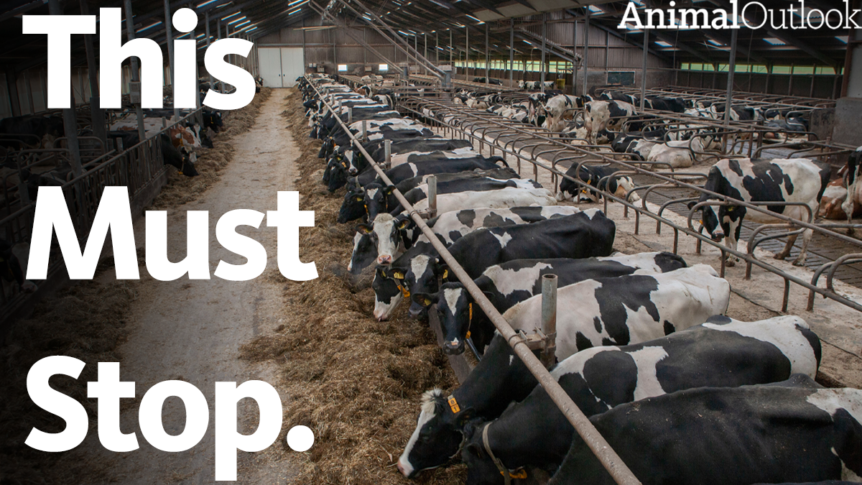In the modern period of mass production and consumerism, the term “Factory farm animal cruelty” has become synonymous with efficiency and affordability in the foodstuff business. Nonetheless, driving the partitions of these industrialized functions lies a darkish fact of animal suffering and cruelty that usually goes unseen by the common client.
Manufacturing unit farming, also known as industrial agriculture, is a program of intensive animal farming that prioritizes large output and earnings margins more than the well-becoming of animals. In these amenities, animals are confined to cramped and unsanitary circumstances, frequently unable to exhibit their natural behaviors or access appropriate nourishment and veterinary care.
1 of the most considerable troubles associated with manufacturing unit farming is the excessive confinement of animals. Pigs, chickens, and cows are frequently housed in overcrowded and barren cages or pens, not able to move freely or engage in natural behaviors this kind of as foraging or socializing. This confinement not only triggers bodily distress and stress but also will increase the chance of accidents and illness among the animals.
Additionally, the use of antibiotics and growth hormones is common in manufacturing facility farms to promote quick expansion and avoid the spread of condition in this sort of crowded situations. This overreliance on antibiotics has contributed to the rise of antibiotic-resistant microorganisms, posing a critical risk to public well being.
The program procedures used in manufacturing facility farms also inflict huge struggling on animals. For example, in the egg industry, male chicks are considered economically worthless and are usually discarded alive by the hundreds each day, either by getting floor up alive or suffocated in plastic baggage. Equally, in the dairy market, calves are divided from their mothers shortly right after delivery, causing distress to the two the calf and the mom.
Possibly a single of the most disturbing aspects of factory farming is the popular acceptance of cruel and inhumane treatment of animals as common market procedures. cruelty farm have revealed situations of workers kicking, beating, and even sexually abusing animals in these services. In spite of this kind of egregious acts of cruelty, perpetrators are hardly ever held accountable due to inadequate oversight and enforcement of animal welfare rules.
The environmental affect of Factory farm animal cruelty can't be disregarded possibly. The intensive creation of animal waste in these services leads to pollution of air, h2o, and soil, contributing to local weather adjust and ecological degradation. Additionally, the massive intake of methods these kinds of as drinking water and grain to feed livestock more strains international foods systems and exacerbates concerns of food insecurity and inequality.
Even with these grim realities, there is hope for modify. Elevated consumer awareness and desire for ethically sourced and sustainably produced foodstuff items have led to the rise of alternative farming methods such as organic farming, pasture-elevated livestock, and plant-primarily based alternatives to animal products.

As buyers, we have the electrical power to push positive change in the foodstuff business by making educated options and supporting ethical and sustainable farming practices. By selecting to boycott factory-farmed items and advocating for much better animal welfare regulations, we can help ease the suffering of millions of animals and create a more compassionate and sustainable foodstuff program for foreseeable future generations.
